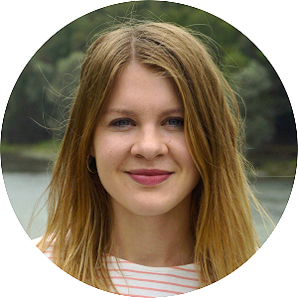
‘I applied to ASSEMBLE Plus because I was searching for a way to collect live specimens of Spondylus gaederopus molluscs and to obtain their genomics data. My research focuses on studying mollusc shell proteins which are inside the mineral skeleton for dual purposes: to better understand the molecular aspects of biomineralisation and also use them as molecular barcodes to identify the biological origin of prehistoric shell artifacts. Spondylus is particularly interesting because it was one of the most widely used Mediterranean shells in European prehistory, reshaped and worked into elaborate jewels. The data obtained via ASSEMBLE Plus will enable me to have a full identification of Spondylus proteome and use it in future projects.
Thanks to ASSEMBLE Plus, I was able to access marine resources and molecular biology labs simultaneously. More importantly it was an incredible experience to work in a highly stimulating environment and the HCMR staff were incredibly helpful. The work had a great impact in shaping my PhD research and will likely end up with future collaborations’.
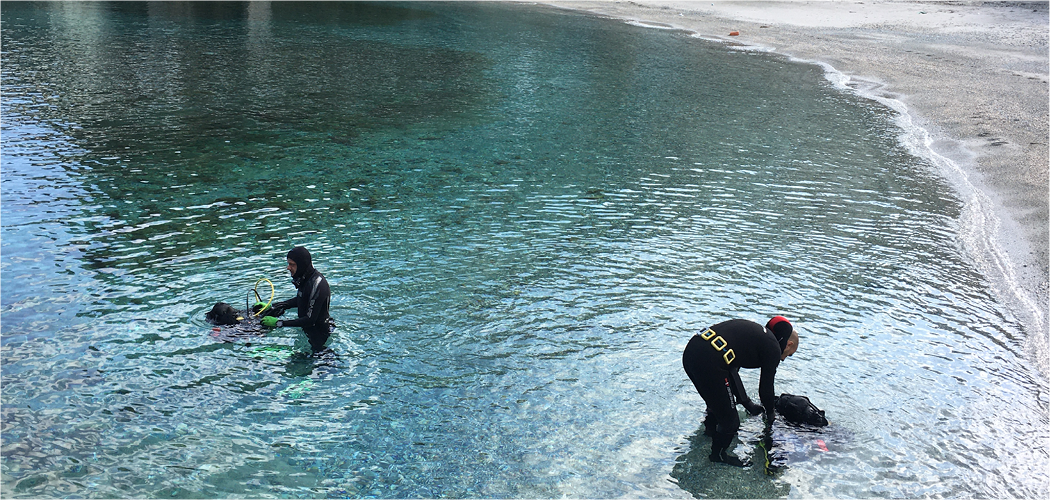
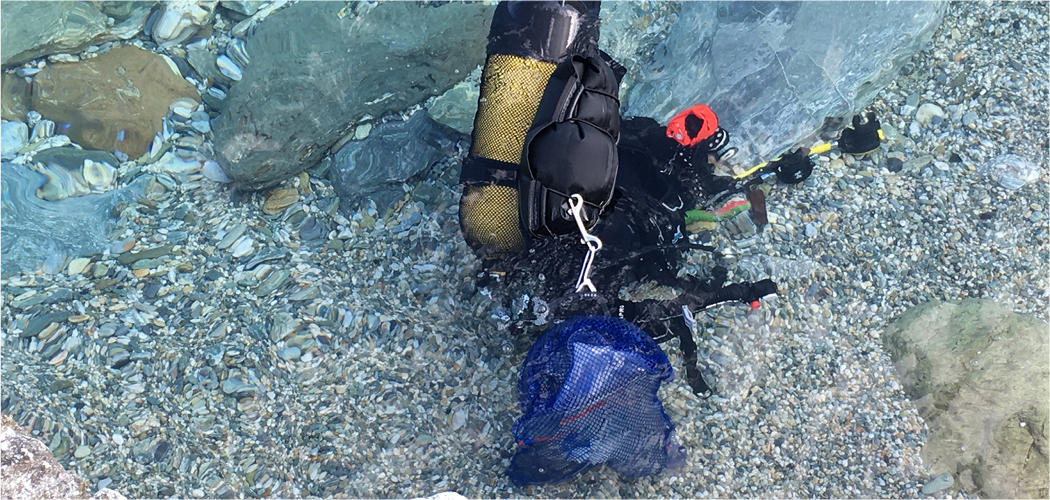
As for the impact of COVID-19 on her research? Jorune noted that she was indeed directly affected by the pandemic, but that ‘in the end, everything was okay’. During the last week of her research (early March 2020), HCMR was closed (and her flight was cancelled!). ‘The project got delayed quite a bit as we could not finish doing molecular analyses and I had to wait until summer so that institute would re-open and my colleague there could finalise some of the experiments and send the samples to me. (Of course the following analyses were also slightly delayed). I am positive that I will manage to finalise the whole project soon as this is something that I am working on now’, she concluded.
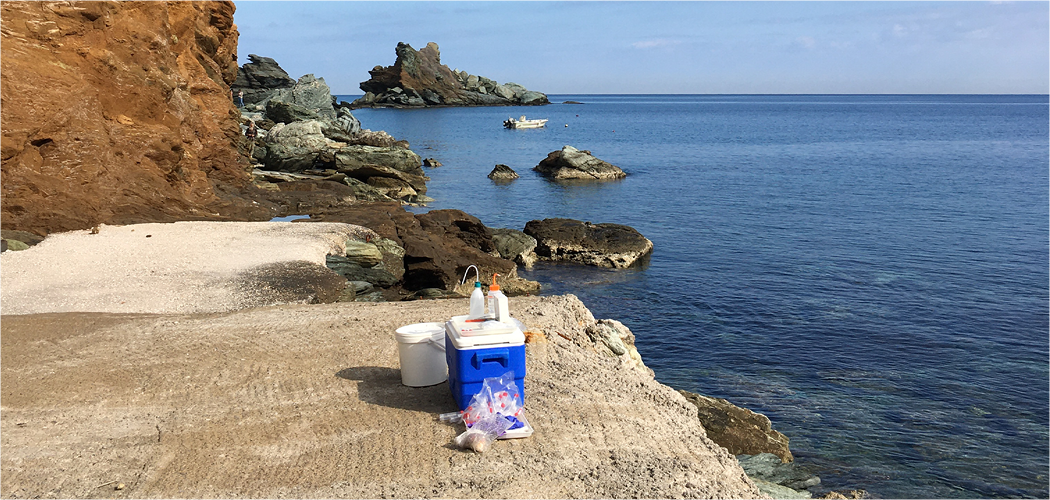
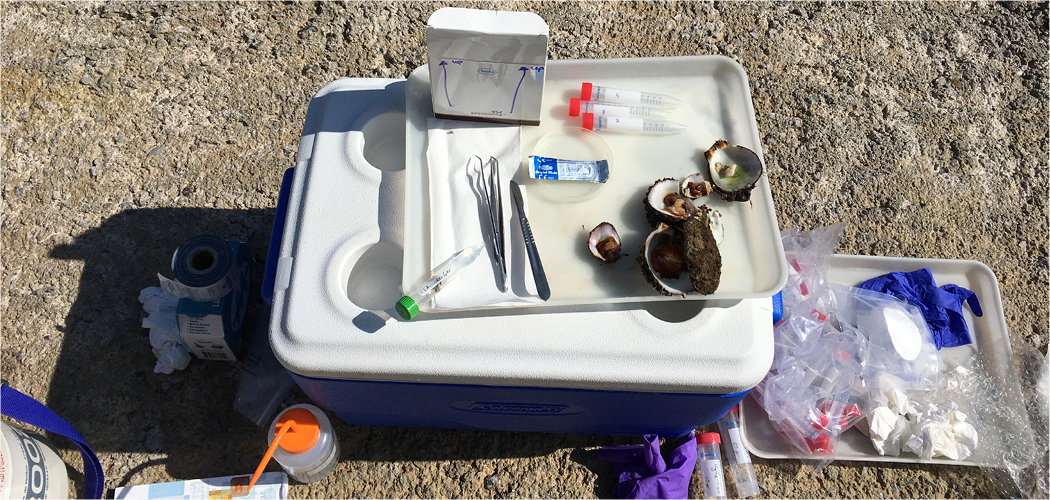
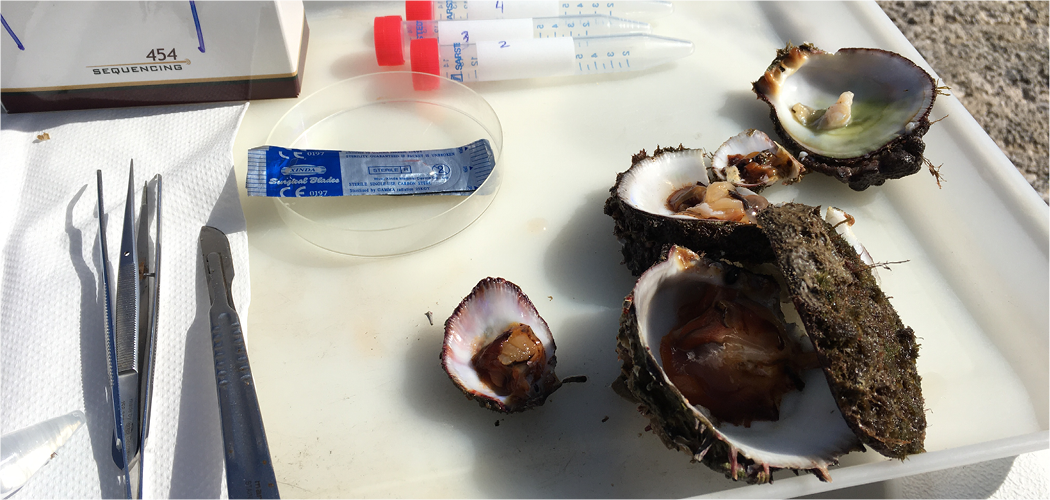

ASSEMBLE Plus is an EMBRC-coordinated programme funded by Horizon 2020 under grant agreement number 730984
Images: show the sapling Spondylus (ie the shell the researcher was ‘chasing’) and the researcher’s on-site ‘beach-lab’. Pictures courtesy of Jorune Sakalauskaite.
ASSEMBLE Plus: Association of European Marine Biological Laboratories Expanded
ASSEMBLE Plus is a Horizon 2020-funded project which brings together 32 marine stations and institutes. Coordinated by EMBRC, the project provides research and networking opportunities to scientists in Europe and beyond to enhance marine biology research.

